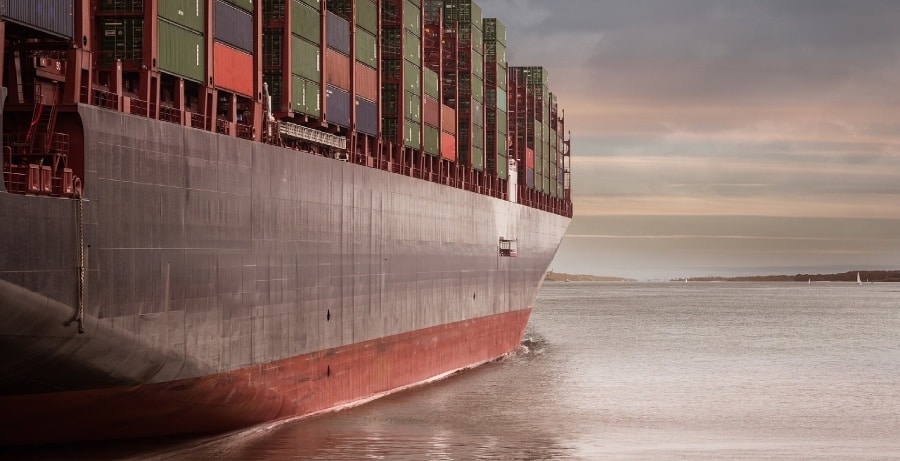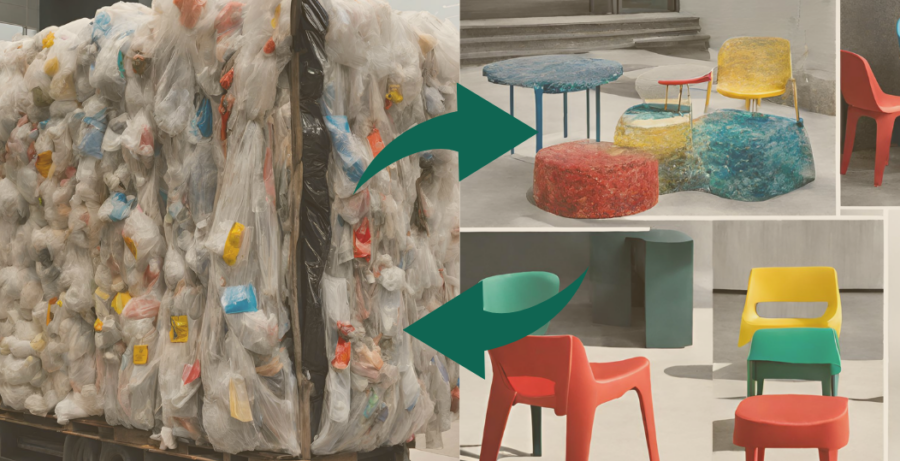Closing the Loop: The Role of Australian Recycled Plastics in Global Import Markets and its Potential for a Sustainable Future
Closing the Loop: The Role of Australian Recycled Plastics in Global Import Markets and its Potential for a Sustainable Future




